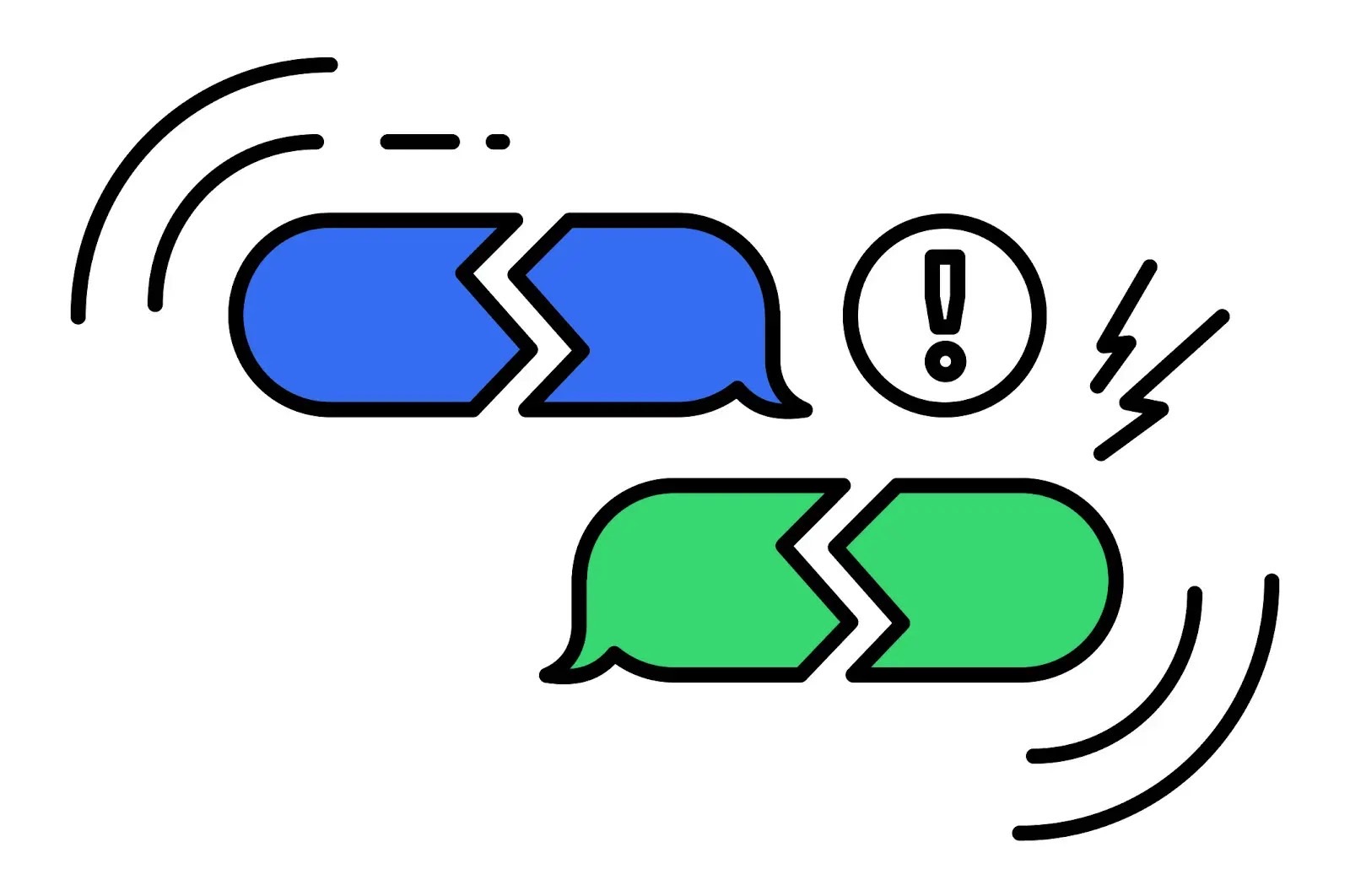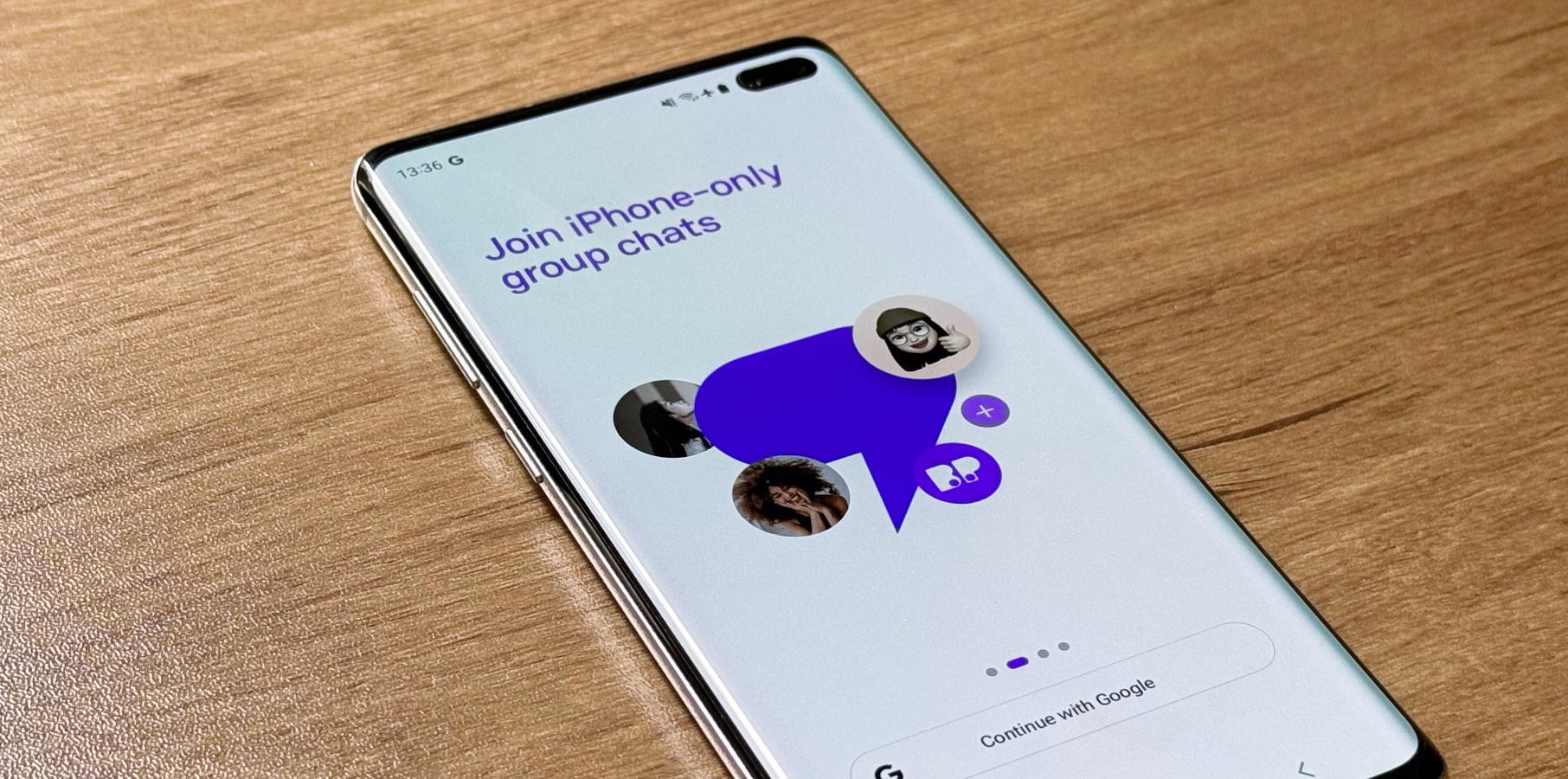Apple surprised everyone a few months ago when it announced that the Messages app would support RCS alongside iMessage and SMS. This came at a time when Google was relentlessly attacking blue bubbles, the EU was considering forcing Apple to open up iMessage, and apps like Beeper Mini were finding new ways to bring iMessage to Android.
Earlier this week we learned why Apple decided to bring RCS support to the iPhone. It wasn’t Google pushing or the EU’s new Digital Market Act (DMA) that threatened iMessage. New Chinese regulation for 5G phones has prompted Apple to announce plans to support the GSMA’s RCS standard in the future.
This made me realize something that we have all been ignoring. Apple practically won the iMessage PR war without giving up anything in the process. Maybe it’s time to buy your mom or dad an iPhone if iMessage is preventing you from having a proper conversation.
Think about it: Apple was the villain in all those ads Google ran before Apple announced RCS support. Google continued to fuel the blue vs. green bubble war, which is really only a US problem. Google has even found allies along the way, such as Samsung and European operators. The latter joined Google in asking the EU to designate iMessage as a gatekeeper.
Such a label would mean that Apple had to open up iMessage to competing services. iMessage would have to work with RCS and any other chat app that wanted interoperability support. That’s easier said and done and something I don’t want from any of my chat apps. Even Meta struggles with interoperability for WhatsApp and Facebook Messenger.

When Apple announced RCS support for the iPhone, Google had to stop all these attacks. It had to swallow that announcement as a victory, but in fact it was not. Apple only announced support for the RCS standard, the one developed by the GSMA. Not Google’s RCS, which also supports encryption.
There are two fronts left in the iMessage battle, and I will cover them chronologically.
First we had the short-lived Beeper Mini saga. Beeper found a clever way to bring iMessage support to Android, eliminating the need for RCS support in the iPhone Messages app. But Apple fought back against that security issue, eventually blocking iMessage support on Android.
Beeper retired while still portraying Apple as the villain and making iMessage the communication standard everyone is entitled to. Even Android users who don’t pay for iMessage. Android users who would pay Beeper to access iMessage. Beeper, of course, was stealing access to iMessage.
I will note that Beeper’s actions could lead to iMessage being investigated by US regulators. But you would be missing the point here. iMessage is a proprietary application developed by Apple and is available for free, with all its add-ons, to people who purchase an iPhone. Buy a Mac or iPad and you can also run iMessage, although it won’t work on your iPhone.

Speaking of regulators, that’s another front. DMA is not entirely useful to the European Union. After an investigation, the EU decided that iMessage was not big enough in Europe to warrant appointing a gatekeeper. Even if it did, Apple would probably only make iMessage interoperable in the EU. Just like it was with the side loading iPhone.
That’s how Apple won the PR wars. Google can’t run another ad campaign begging Apple to do the right thing because Apple did. RCS comes to iPhone. Companies like Beeper can’t hope to bring iMessage to Android because Apple won’t let them. Regulators like the EU will have to wait for iMessage numbers to grow in the region before they can force Apple to open it up to competing chat apps.
As for those Android users who keep complaining that they can’t talk to iPhone owners because of iMessage, they have options.
The simplest is to do what most Europeans do, myself included. Use Whatsapp or any number of secure chat apps that can bridge the gap between iPhone and Android. If that’s not good enough, wait for iOS 18, which will likely bring RCS support to the iPhone. Still struggling? Take the iPhone.